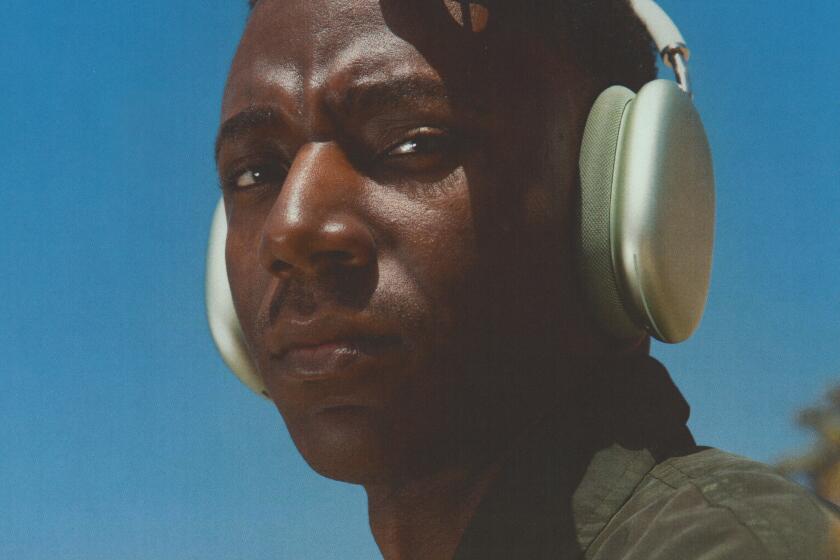5 truths we learned about comedian Jerrod Carmichael in his new reality show
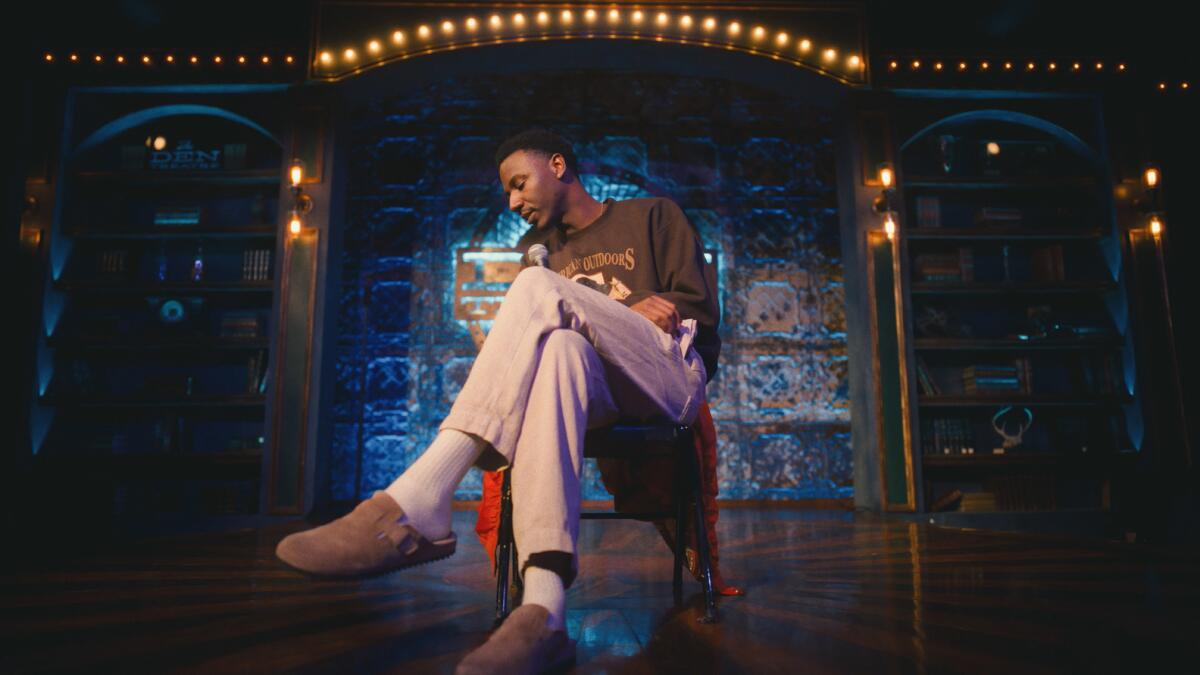
- Share via
Since he started performing comedy in 2007, at age 20, Jerrod Carmichael has surprised and delighted audiences by speaking candidly about his personal life. In his 2014 special “Love at the Store,” he acknowledges that he makes good money— not “murder” money, say, but enough that he can “slap a white woman” and still “be free by Friday.” In his 2022 Emmy award-winning special “Rothaniel,” he reveals his real name, talks about his father’s years of infidelity, and comes out of the closet. So what does a truth-telling comic of his caliber do next? The answer for Carmichael is to invite other people in his life — his friends, family, therapists, boyfriend, fans and various men he meets on Grindr — to take part in an even more nuanced and expansive kind of truth-telling, in his new eight-part HBO series “Jerrod Carmichael Reality Show.”
As Carmichael says many times in the show, recording helps him to be honest. “Cameras make me feel more comfortable. It seems permanent. And it feels really dumb to lie.” Carmichael is a model subject for documentation because he freely shares himself, both on stage and off. In the series we see him send and receive salacious sexts, pray to God, get high, sing gospel songs, and struggle with his sadness. Some of the most fun parts of the show feature Carmichael talking about sex, engaging in sex, and playing around in a sex shop. It’s refreshing to see someone so uninhibited on camera and so unapologetic in his act. And unlike talking head interviews typical of reality TV, his “confessional” interstitials come in the form of stand-up comedy performances in which he openly admits his flaws, while making the audience laugh. Whether you’re a fan of Carmichael’s comedy or just getting acquainted, here are five things the show reveals about this bold comic.
1. He’s learning to be a better friend
Throughout the show, Carmichael is particularly honest about his selfishness (“I have this problem. I only like to do exactly what I wanna do,” he says in Episode 3.) We watch him miss his best friend’s wedding, opting to eat a hot dog instead. When he tells the story on stage later, an audience member even says so from the crowd: “You might not be a good friend, bro.” He is perfectly capable of making this a comedic moment, but instead he takes a beat to ask himself: “Am I a good friend?” He spends an entire episode exploring the question, culminating in an extended apology montage. The jokes Carmichael makes during the show are simplified, truncated pieces of truth. The series allows us to see the real-life fallout from the stories he tells on stage. To make up for missing his friend’s wedding, the comedian flies to Atlanta in a tux, asks the groom for forgiveness, and delivers a belated best man speech.
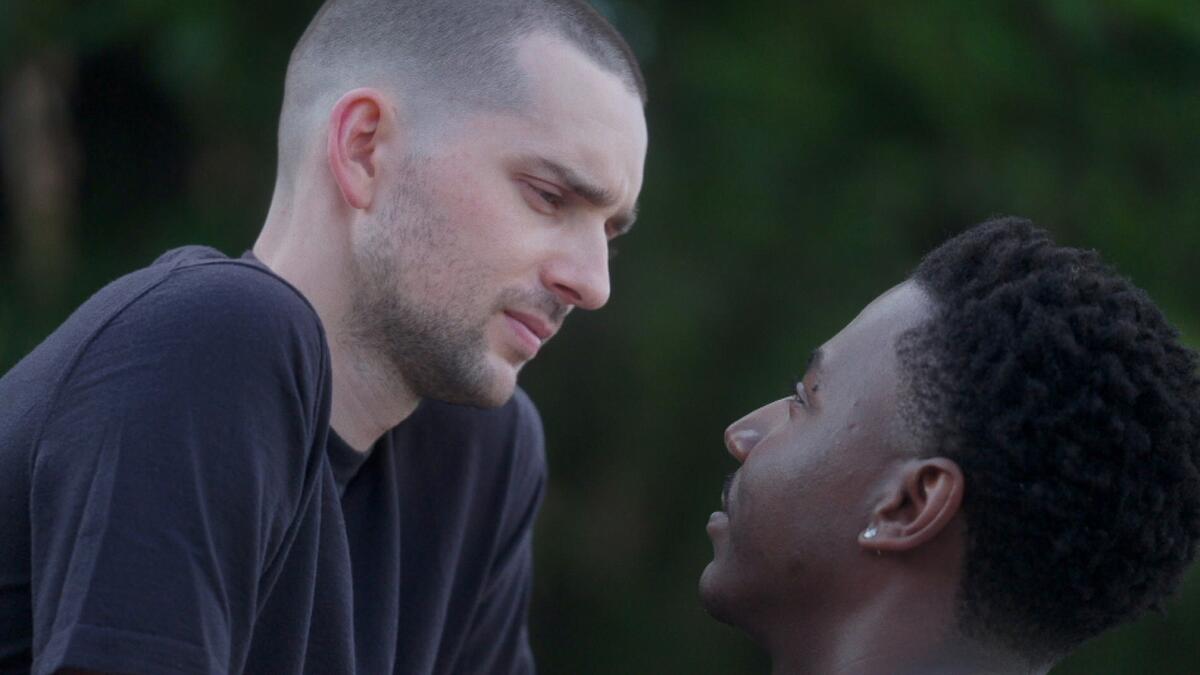
2. He’s learning to be a better boyfriend
Carmichael also speaks frankly on stage during the show about cheating on his boyfriend, Mike. “I am in a relationship that I want to be monogamous. And then he wasn’t in the city I was in. That’s all it took. I was like ‘I love you I love you I love you,’ and then you’re out of town? Alright, I’ll f— anybody then.” At times our laughter accidentally propels us onto the comedian’s side, despite certain rational objections. And yet, in the show, we get to know Mike. We see the repercussions of Carmichael’s actions — the effect they have on his significant other and the work it takes to repair the relationship. The joke is unfurled, and we become privy to a more elongated and specific story.
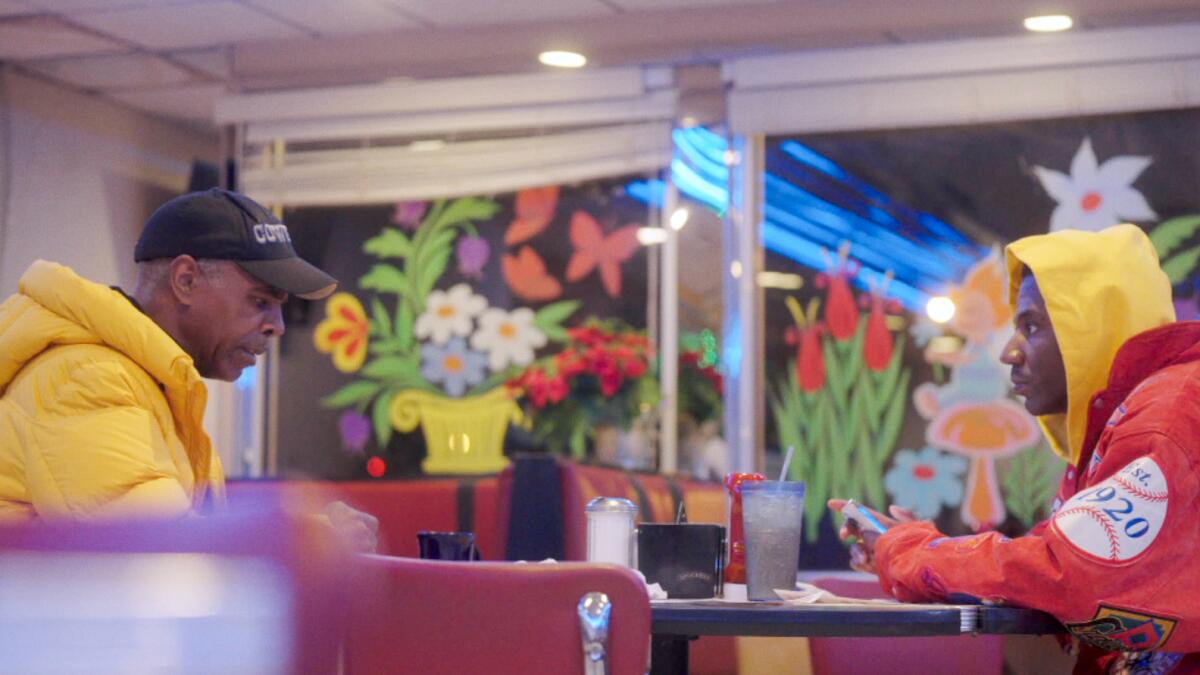
3. He’s trying to connect with his dad
The comedian often talks about his family in his act, and as such they play a large role in the series, particularly its thornier passages. During a road trip in Episode 4 to his father’s hometown of Dillon, S.C., the comedian presses his dad on a number of sensitive topics, including his parents’ brutal reaction to him coming out. In a fluorescent-lighted diner, Carmichael speaks honestly to his father: “Hiding that much of myself goes against my morals… Me not being able to bring someone I love home is you turning against me.” The comedian ends the conversation with a heavy-duty sting: “What makes it even more insulting, respectfully, is a house that I’m paying for. I’m paying for a home that I wouldn’t be fully accepted in. That’s how much I love my family.” His father, surprisingly, apologizes. It’s a brief, beautiful moment that might not have made it into one of Carmichael’s sets.
Later, by an outdoor fire, Carmichael doggedly pursues the subject of his father’s cheating. His dad is pained: “The way that you don’t wanna be hurt, I don’t wanna be hurt … this doesn’t have to be discussed on cameras.” Carmichael gives a lengthy, affecting reply: “If the cameras help me then they f— help. But your way is nothing. Your way is silence. Your way is death. I’m not doing that. I’m being a man.” After a long pause his father responds quietly, with a verbal punch to the gut: “You said a mouthful, son. You expressed yourself… Can I go home?” Not everyone wants to talk about everything, and Carmichael’s father not being willing to share is still an important piece of the truth.
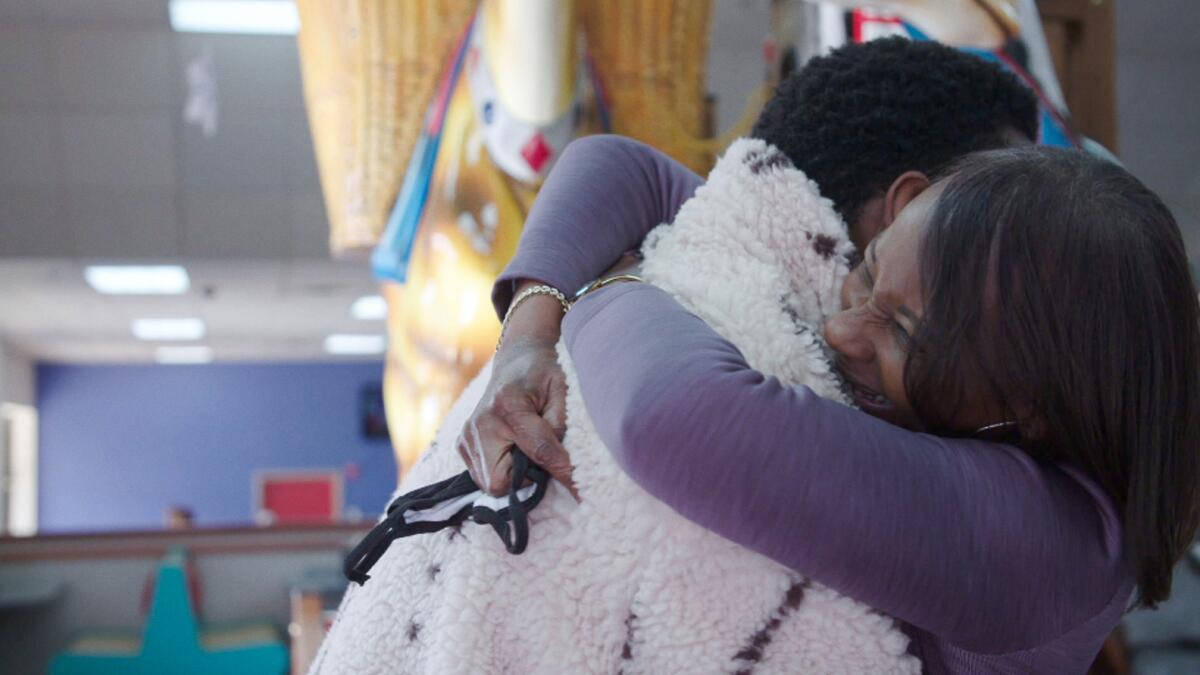
4. He’s meeting his mom where she is
Another emotional and riveting portion of the show involves Carmichael doing what he can to contend with his mother’s staunch homophobia. As he tells a friend in the show, “It breaks my heart.” Carmichael takes her to a Harlem Baptist church that accepts gay people. She remains unwavering in her beliefs. He takes her to therapy. She is mostly cold and grasps firmly to her point of view. Carmichael eventually holds her hands as she implores God to make him straight, perhaps to hear for himself that after several years she still firmly has faith that she can pray away his gay. On stage he later admits his remorse: “She was so happy that I let her do it. I immediately regretted it.” These moments with his parents aren’t funny. But they are compelling and real, and anyone who’s ever felt misunderstood by family just may feel extremely seen.
5. The critic in his life cares a lot about him
Carmichael tells the camera: “I keep saying that I wanna live more truthfully.” But one character in the comedian’s life doesn’t believe that the series reveals the “capital T” truth. Several episodes in the show feature an anonymous man in a mask, his voice modulated to protect his identity, who rails against Carmichael’s promise of veracity: “This is not a neutral eye, this is not truth, this will be narrated, edited … and I have no access to that, so I’m like ‘you don’t get any of me.’” Although carefully veiled, comedy obsessives may recognize the anonymous man’s speech pattern as that of comedian Bo Burnham, director of “Rothaniel.” His direct and sometimes harsh criticisms, and Carmichael’s honest responses to them, make the show stronger and more well-rounded.
By the final episode of “Jerrod Carmichael Reality Show,” the anonymous man turns from critique of Carmichael’s exhibitionism toward protectiveness and concern for his friend: “This is going to be viewed by the giant revolting mass of people that is argumentative, insane, and that’s a scary collective for the judgment of the most precious things in your life.” The anonymous man ends on a lighter note: “Fingers crossed that everyone is just watching Tik Tok, no one gives a f— anymore.”
More to Read
The biggest entertainment stories
Get our big stories about Hollywood, film, television, music, arts, culture and more right in your inbox as soon as they publish.
You may occasionally receive promotional content from the Los Angeles Times.
